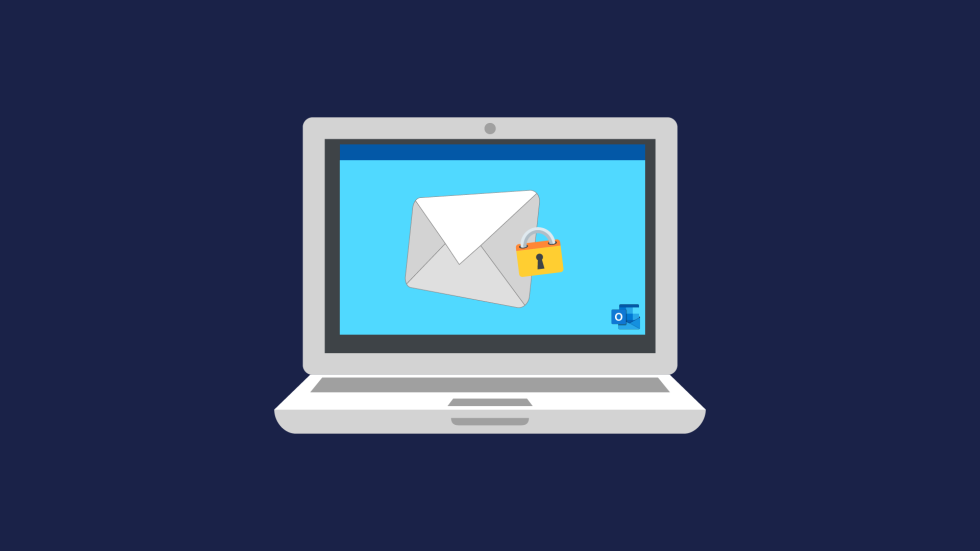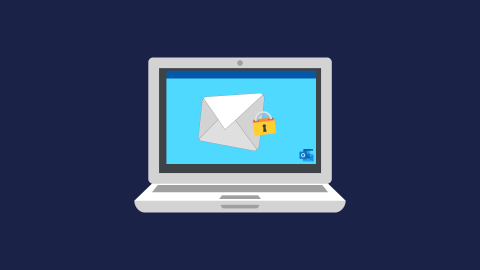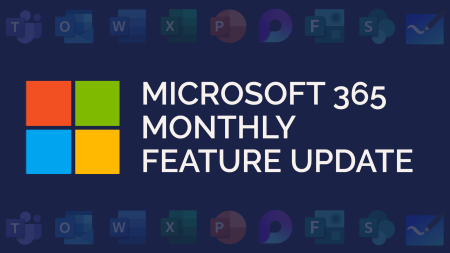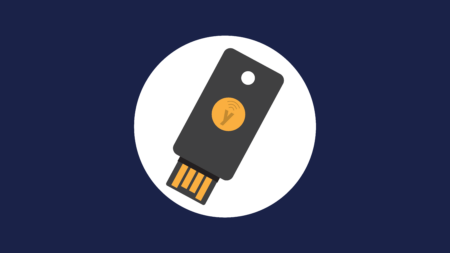Email security, or filtering, does more than just flag spam emails. It protects your accounts from harmful viruses and phishing attacks, as well as internal email threats. Email remains the number one attack vector for Cyber Criminals.
What is Email Security?
Email security protects your accounts and its content against unauthorised access and loss or compromise of data through theft.
Incoming emails will be inspected for suspicious links and files. This includes those sent by both external and internal contacts. Additionally, the sender’s email address will be checked to see if it is a spoof. This helps against impersonation attacks, where a cyber criminal attempts to impersonate someone in the company using their email to gain access to sensitive data.
Email security software also learns from you. We’ve all had a ‘check your spam’ request. As you give permission to certain domains or types of emails, your security will learn what is safe.
Why is it important to have email security?
Email is the top method used by cyber criminals to infiltrate your organisation. In fact, more than 90% of cyber-attacks start with email. Having email security measures in place will:
- Protect your organisation from ransomware, spam, malware and phishing attacks – helping prevent theft or loss of data
- Protect your brand and reputation
- Saves downtime spent dealing with an incident
Having email security in place also helps reduce human error. Some employees may not be aware that they have received a phishing email, or what to look out for. Email security stops that email from reaching them in the first place, removing the threat. It can also protect against malicious, internal attacks.
Other Considerations
As well as email security, you need to consider what will happen if something goes wrong. Do you have policies and protocols in place should an incident occur? It is always best to plan for the worst.
Having a backup is also crucial. And not just for your email. An attack may reach you via email, but that doesn’t stop it from spreading. Ensure you have a sufficient backup in place so that you don’t lose work or be held to ransom if you do fall for an attack.
Where to start?
If you don’t know where to start with email security, chat to an IT services provider (like us!). We can help identify and address any weaknesses in your system and recommend the best action to take.
What is Phishing?
Phishing is a form of cybercrime which targets victims by email, SMS or telephone. Criminals will pose as legitimate organisations to trick you into revealing sensitive data, such as bank details or passwords. This then results in identity theft or financial loss.
What is Zero Trust?
Zero trust is a strategic approach used by organisations. It includes both employee attitude and security policies put in place, encouraging employees to validate every action they take.
What is Social Engineering?
Social engineering is human side of cyber security. It can be easier for criminals to manipulate a human than to try and hack software or devices. So rather than attacking technology, criminals exploit the users of the technology to get what they want.







